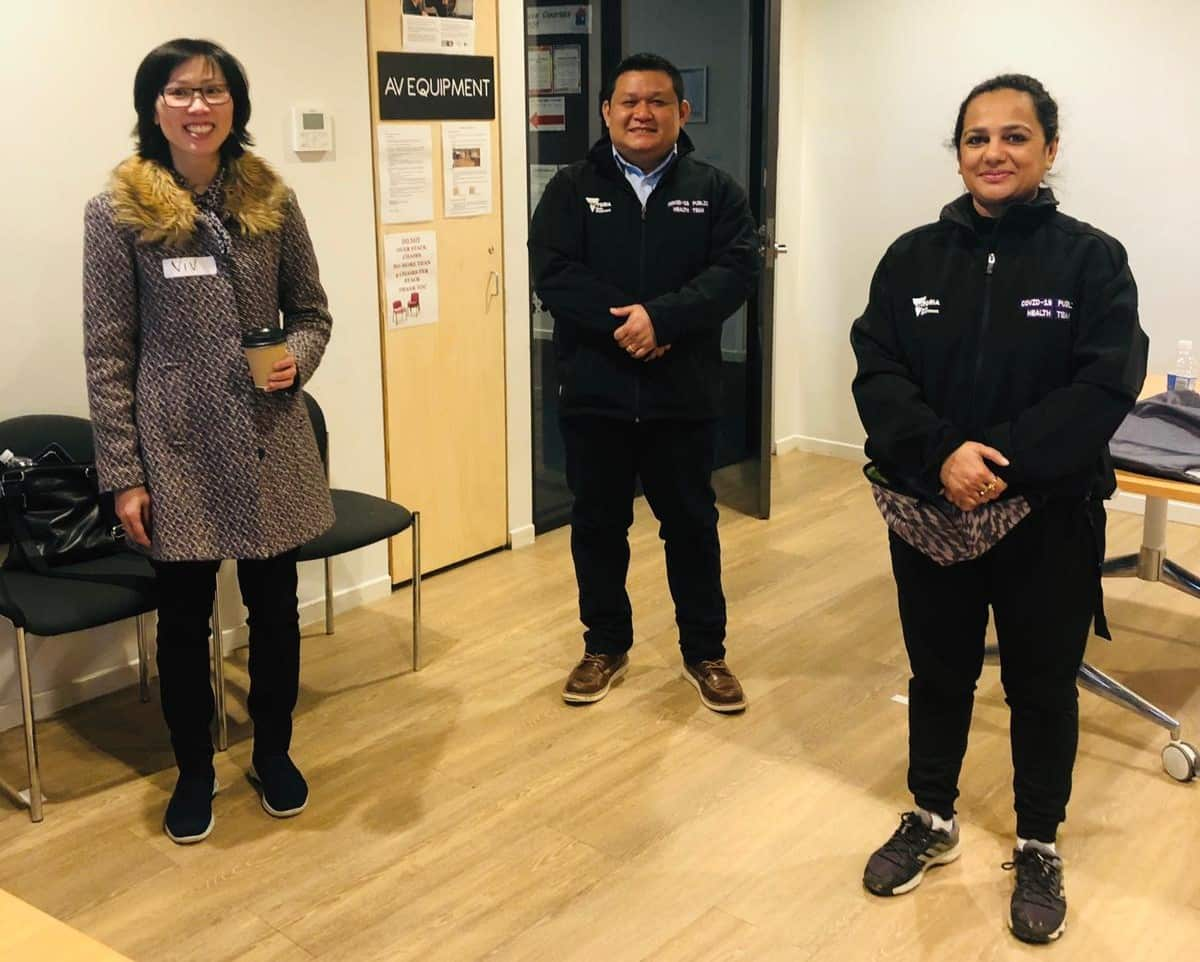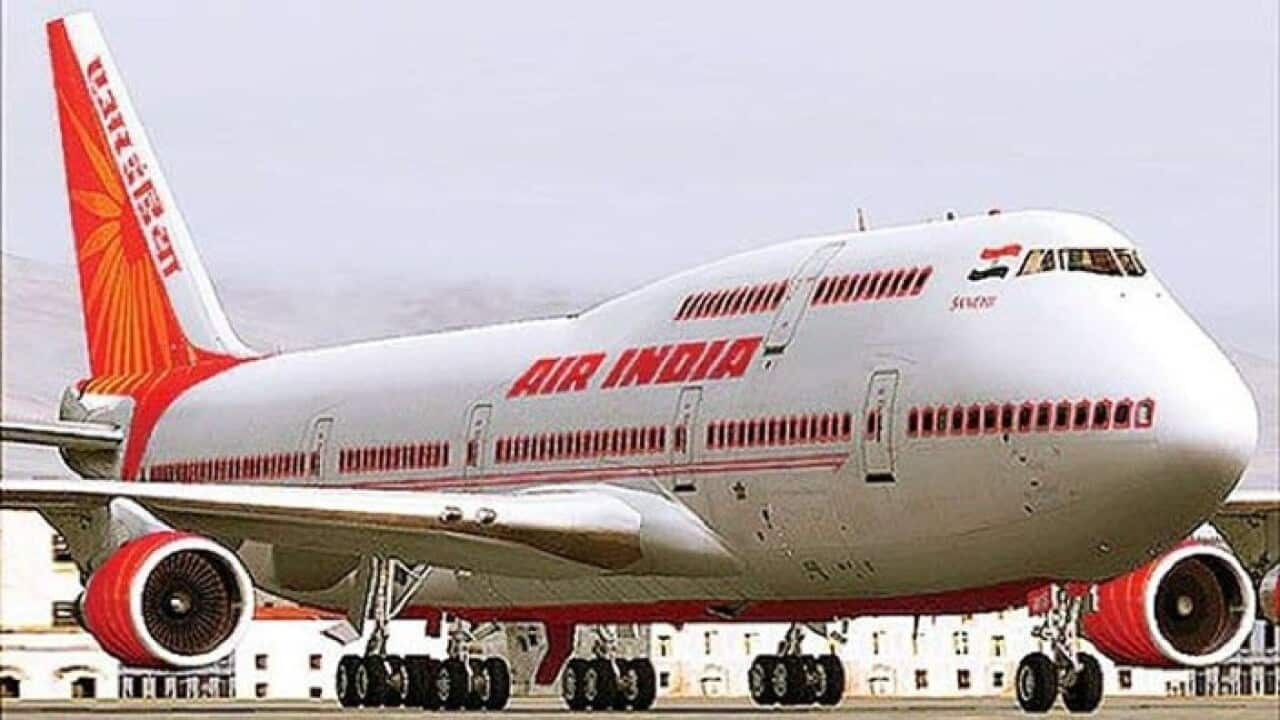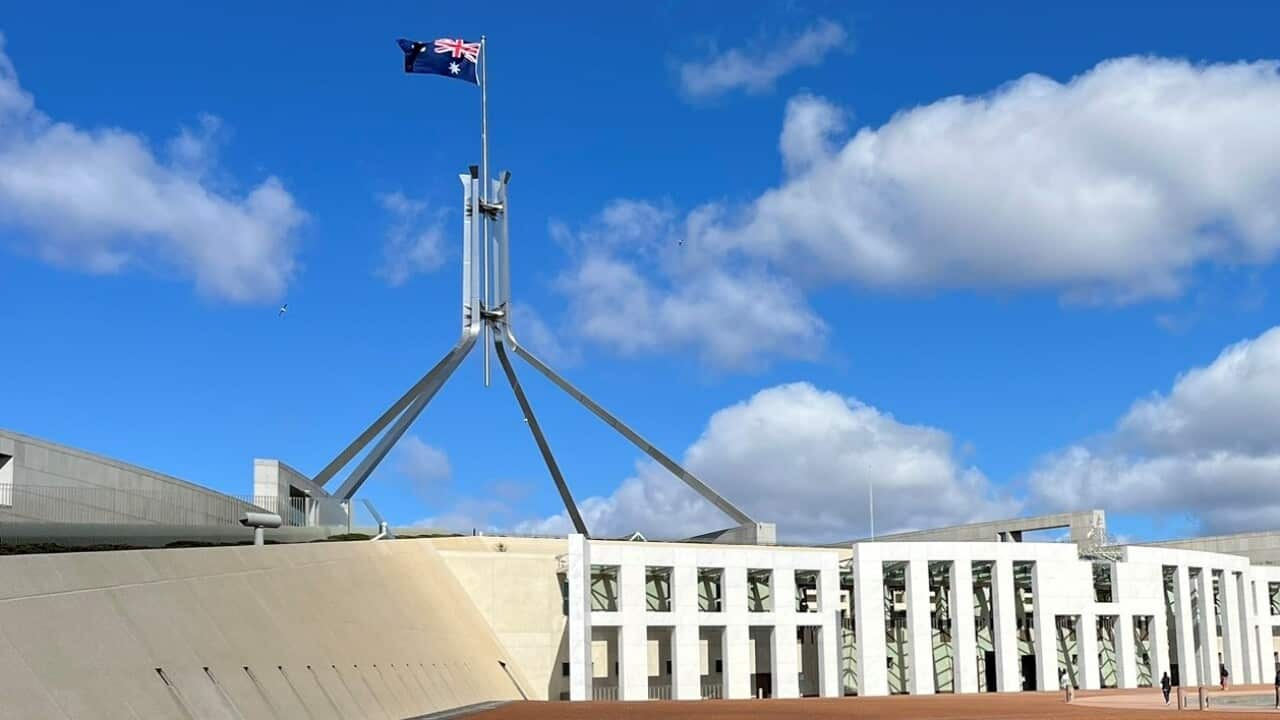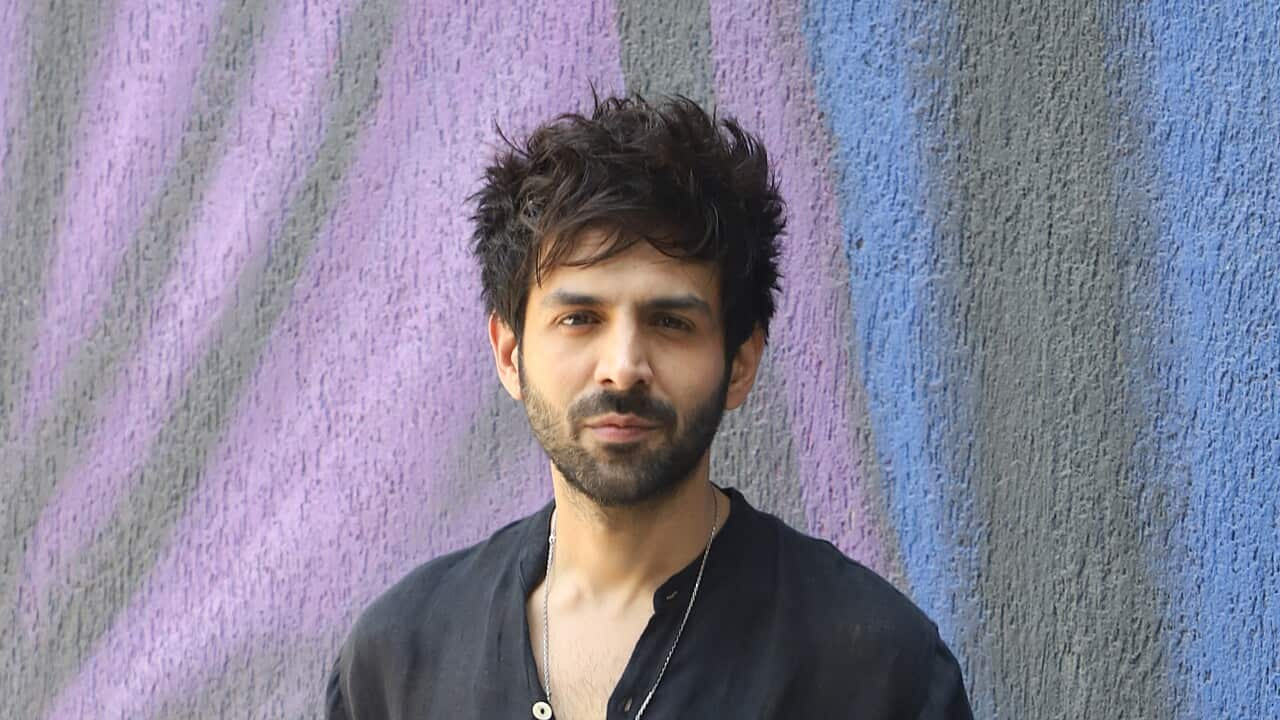Highlights
- Victoria has identified these postcodes as hotspots: 3038, 3064, 3047, 3060, 3012, 3032, 3055, 3042, 3021, 3046
- Over 300,000 Victorians live in these restricted postcodes
- Government has urged residents of these hotspots to get tested
Ms Gadani has spent the last few days going door to door in hotspot suburbs like Broadmeadows in Melbourne’s North-West and Pakenham in Melbourne’s South-East as part of Victorian Government’s initiative to prevent further spread of the virus throughout the community.
In less than a week, teams have already knocked on 54,000 doors in high-risk areas offering advice, testing information and in some cases, self-administered testing kits, which can be collected at a later date.
Ms Gadani’s job is to reach out to the community by going door-to-door and carrying out mobile testing and ensuring locals have the most up-to-date health advice.
“I have been associated with the Victorian Multicultural Commission for a long time. When I learnt they were looking for people with multicultural language skills, I signed up for this role,” she tells SBS Hindi.
“It is a great initiative, especially helps those who do not know where the tests are being conducted, or for elderly residents and for kids. Ms Gadani says the response from the community has been great.
Ms Gadani says the response from the community has been great.

Nildhara Gadani (right) goes door-to-door to carry out mobile testing and ensure locals have the most up-to-date health advice. Source: Supplied
“People are really happy that the government is reaching out to the community, individually. We also seek feedback and pass it on the relevant team in the government.
“If people are not home, we leave a self-testing kit at home. And these steps have proven to encourage people to get tested.
But she says she has also met with rejection from people.
“There have also been people who have refused tests. They say they haven’t stepped out and don’t need the test. In such cases, we can’t conduct tests but we give them the up-to-date health advice,” she says.
Ms Gadani is proud that her multi-lingual skills have come to the community’s aid.
“I speak English, Hindi and Gujarati. I am glad my language skills are being used to help the community in some way.”
Listen to the podcast:
While Victorians have been advised to stay away from hotspots, Ms Gadani, mother-of-two, says she is not afraid to go out in the hotspot community.
“I take care of myself and take all the precautions. I am not afraid,” she says.
Her message to the members of the Indian community living in the hotspots is to get tested or come forward to help others.
“Getting tested is also serving your community,” she says.
Follow SBS Hindi’s special coverage of COVID-19 outbreak
From July 2, ten postcodes which include 3038, 3064, 3047, 3060, 3012, 3032, 3055, 3042, 3021, 3046 linked to fresh outbreaks will go into local lockdown.
These “hot zones” will return to Stage 3 Stay at Home restrictions – until at least 29 July.
If you live in these locations, there will be only four reasons to be out: Shopping for food and supplies, care and caregiving, exercise, and study or work – if you can’t do it from home.
People in Australia must stay at least 1.5 metres away from others. Check your state’s restrictions on gathering limits.
Testing for coronavirus is now widely available across Australia. If you are experiencing cold or flu symptoms, arrange a test by calling your doctor or contact the Coronavirus Health Information Hotline on 1800 020 080.
The federal government's coronavirus tracing app COVIDSafe is available for download from your phone's app store.
SBS is committed to informing Australia’s diverse communities about the latest COVID-19 developments. News and information is available in 63 languages at sbs.com.au/coronavirus





